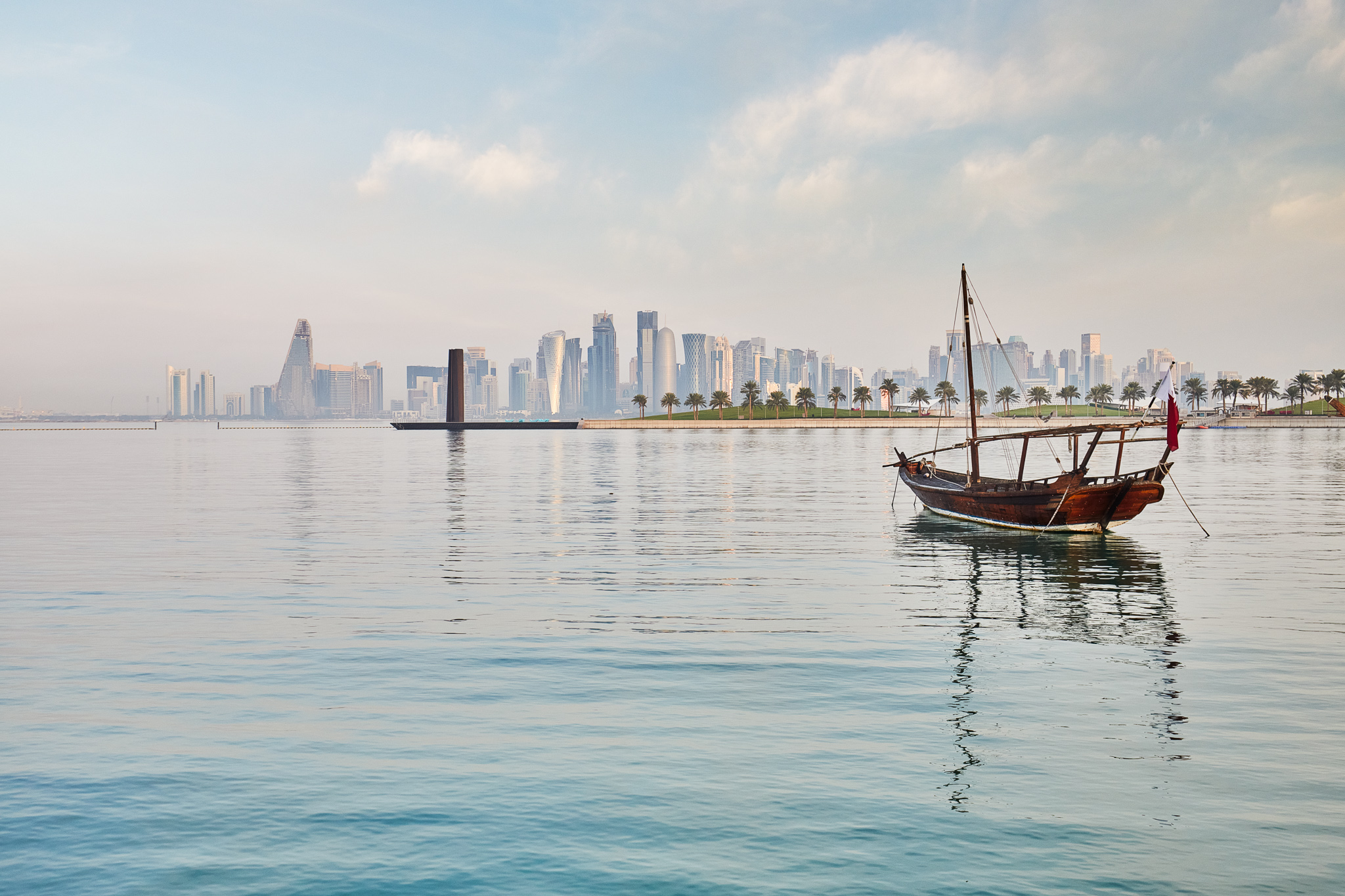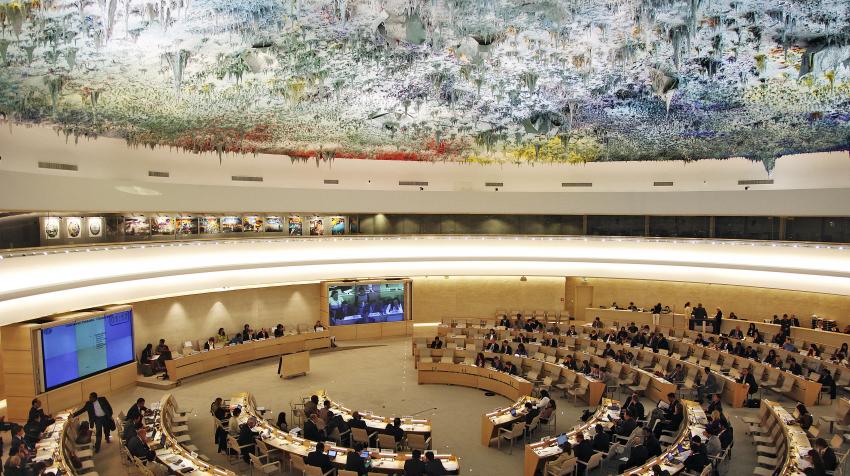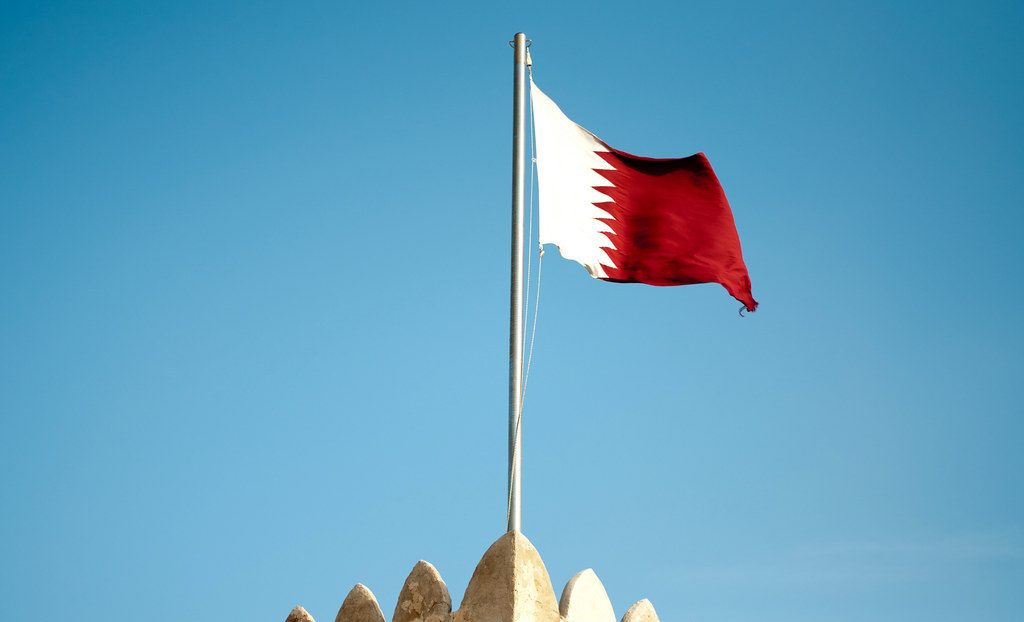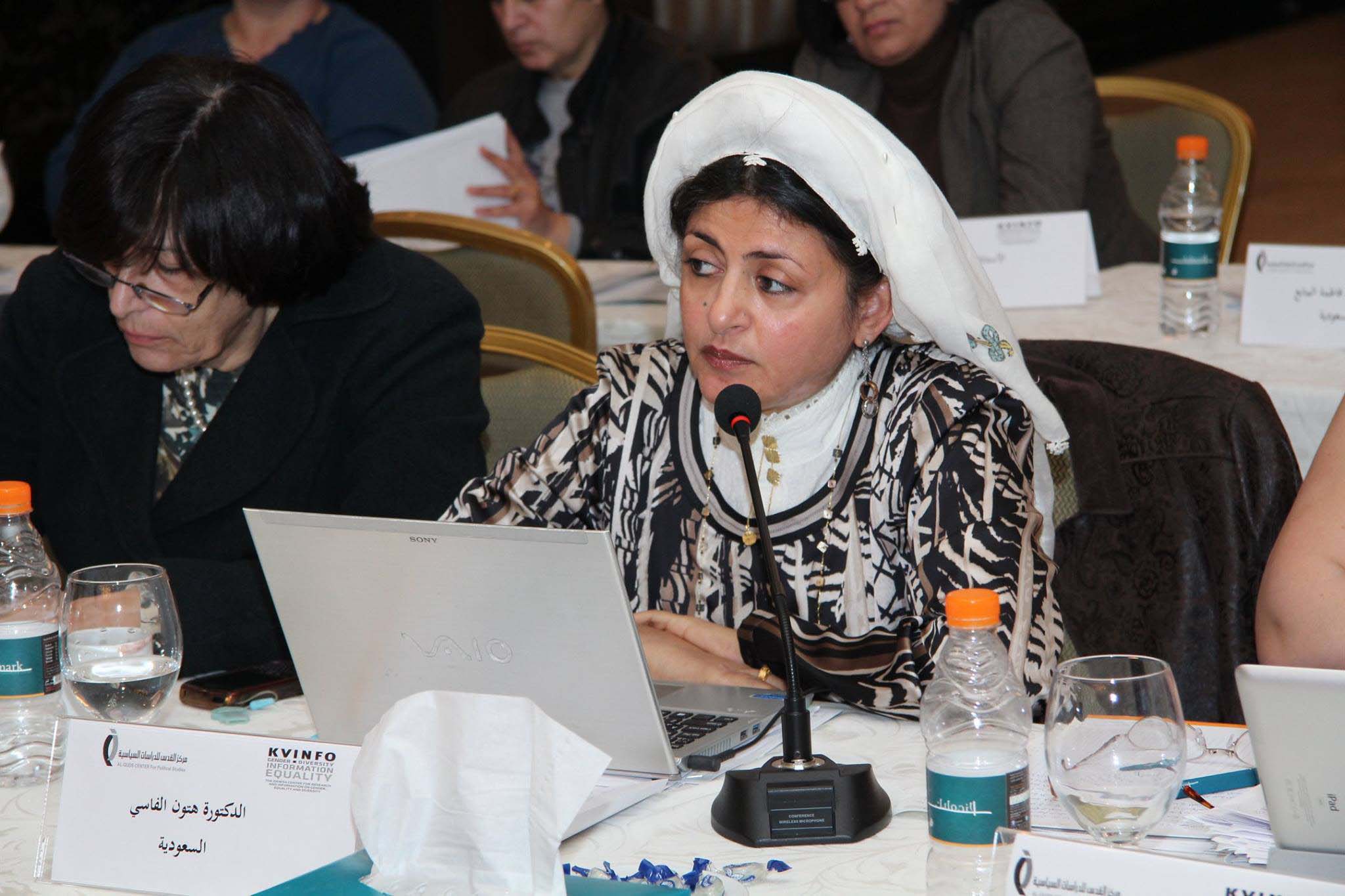
Prominent Saudi scholar Dr. Hatoon Al Fassi teaches at Qatar University. Last October, several people in Qatar attacked her on social media for her feminist views, with many calling for her to be sacked.
In honor of International Women’s Day earlier this week, she explains here the impact the attack had on her, and why she believes feminism and open debate both have a very important role to play in the region’s development.
Last year, a female Qatari student came to me angry about the appearance of another Qatari woman on TV.
The woman had told the interviewer that everything was fine for women in Qatar, and that all women’s rights were granted.

My student had written an article rebutting these views with another colleague of hers from Qatar University (QU).
I was impressed by their well-written piece.
Once they published it online and passed the link on, I endorsed it. I expressed how proud I was, as any teacher, of my growing pupils going out into a world of well versed-grown-ups.
Unexpected consequences
I thought that the piece would draw attention to the issues that are holding Qatari women back from full participation in their growing country.
I also expected the piece to inaugurate these two college students into the world of opinion writing, and assumed they would start to have offers from media outlets asking them to further express their ideas.
What I didn’t expect was that the world would turn upside down and collapse on both these students and their instructor in the ugliest, most vulgar way.

Their article was shared widely on social media. This prompted an angry crowd to jump out from behind their (often anonymous) Twitter accounts to lecture about rights and traditions, religion and beliefs.
They started by attacking the students and asking how they dared to criticize their “ideal” lifestyle.
They then moved onto me, and dug into any juicy element from my academic and activist past, using and abusing without limit.
And they even created a new hashtag asking to fire me from my professorship at QU.
Unfortunately, some op-eds in respectable newspapers also took part.
Postponed lecture
During the furor, a debate I had been due to have at QU with a professor from the Sharia college about Women In Islam was postponed.
My views on this are well-known already.
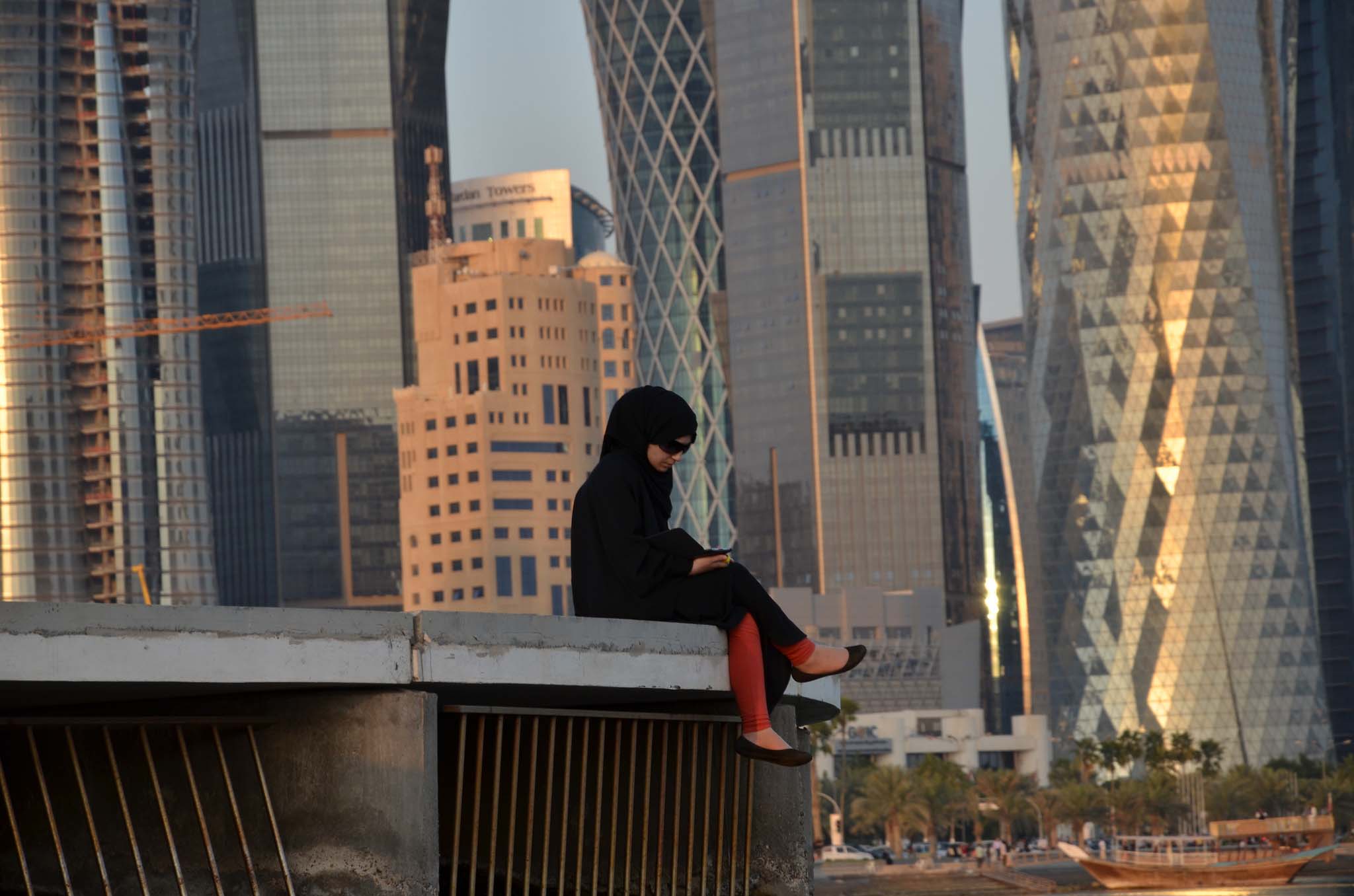
My position stems from the fact that I am a Muslim woman of faith who believes in Islam’s contribution to human civilization, thought and values.
I believe that Islam came as a social and economic revolution to ancient practices and beliefs.
A large part of that change was on the level of women. For example, Islam challenged norms at the time that denied a woman’s right to inheritance and did not acknowledge her as an equal human being.
Human interpretation
Thus, I have high regard for what Islam has contributed to women.
However, we need to revisit and rethink the way in which Islamic ideals have been translated into our laws and practices. This process is totally man-made – and not enshrined in divine law.
What is known in Islamic history is that there is a rich history of differences and discussions among Islamic scholars.
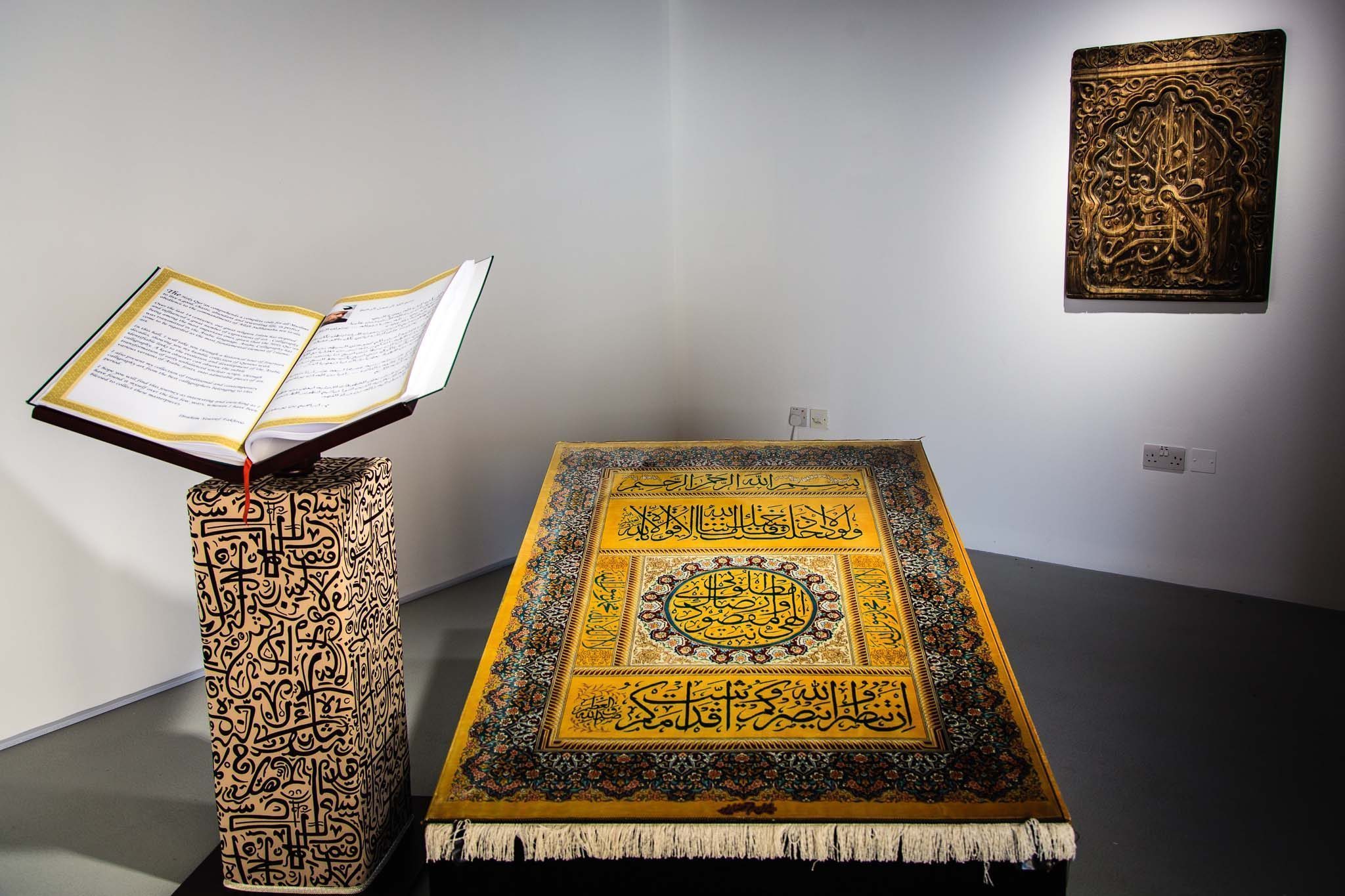
These differences were accommodated and considered to be normal.
I believe that it is time for women to participate in the production and interpretation of Islamic knowledge. The process could contribute tremendously to women’s status in Muslim societies today.
Questioning and debating are tools that are required in the Quran for Muslims to reach the level of thinkers, reflectors and sages. They are also required to reach the level of Khalifa (Trustee on Earth).
I believe that questioning the human production of Islamic knowledge produced hundreds of years ago should be acceptable in public, as it is in university classes.
A second home
November 2016, the month of the online furor, was one of the worst months I’ve ever had in Qatar, the country to which I owe a lot professionally and personally.
Doha has become my children’s second home, where they have grown up and been educated well.
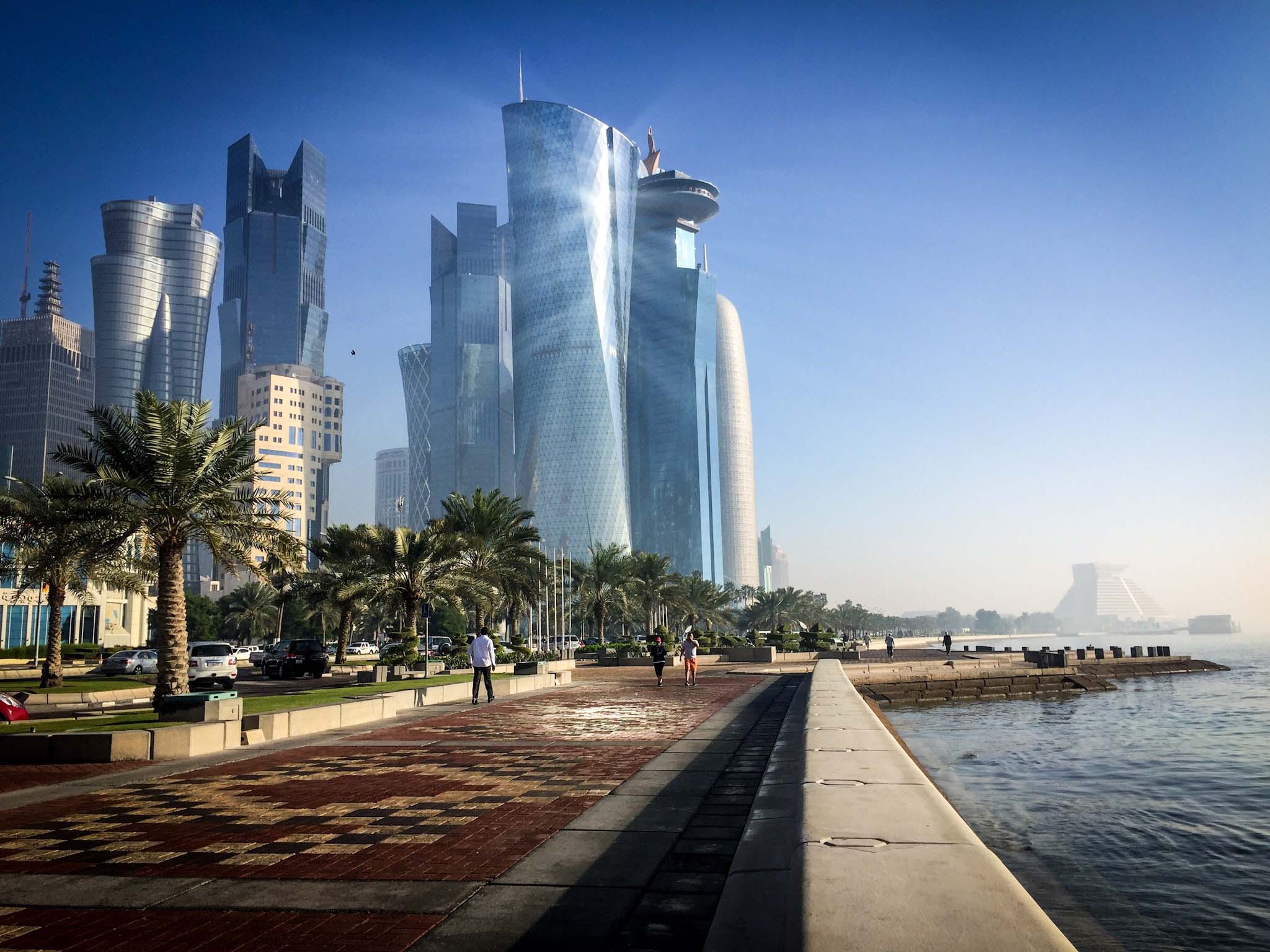
And at the same time, they could still visit Riyadh every holiday and see their now late grandmother, aunts, uncles and cousins.
But after the Twitter mobs descended, my son came to me asking, “what does firing in Arabic mean, and what does it mean to us?” He had heard about it from friends at school.
In the end, I was not touched, but it was a difficult time for all of us.
Beacon of enlightenment
Despite my experience, I believe that it is vital that universities remain a place for open debate.
They are the beacon of enlightenment for any society, the space where knowledge is produced and generations are prepared to take their turn in carrying on their country’s development, building and progress.
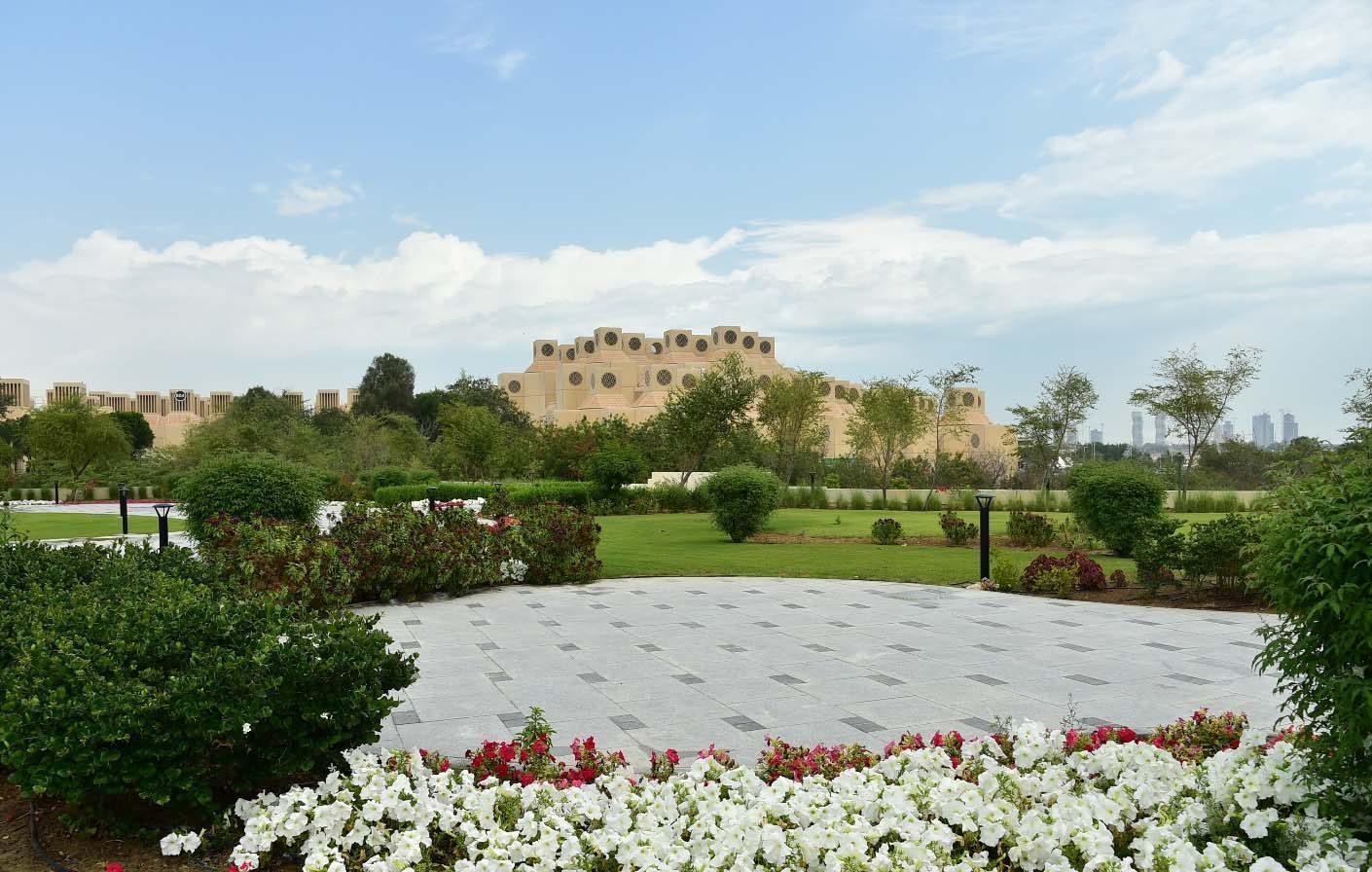
They are a place where ideas are presented from all angles, debated, negated, accepted, adopted or refused in an environment of academic freedom, with respect for each person’s views.
Hence, they are leaders of change and progress.
This role might be challenged by society through its traditions and practices. But universities need always to keep standing their ground.
Otherwise, their existence becomes pointless.
Hatoon Al Fassi is a well-known Saudi commentator on Gulf women’s rights, championing for women’s ability to vote and drive in her home country. The scholar has been part of QU’s faculty for the past seven years, and teaches women’s and Middle East history in the Department of International Affairs.
The views expressed in this Opinion article are the author’s own and do not necessarily reflect Doha News’ editorial policy.


